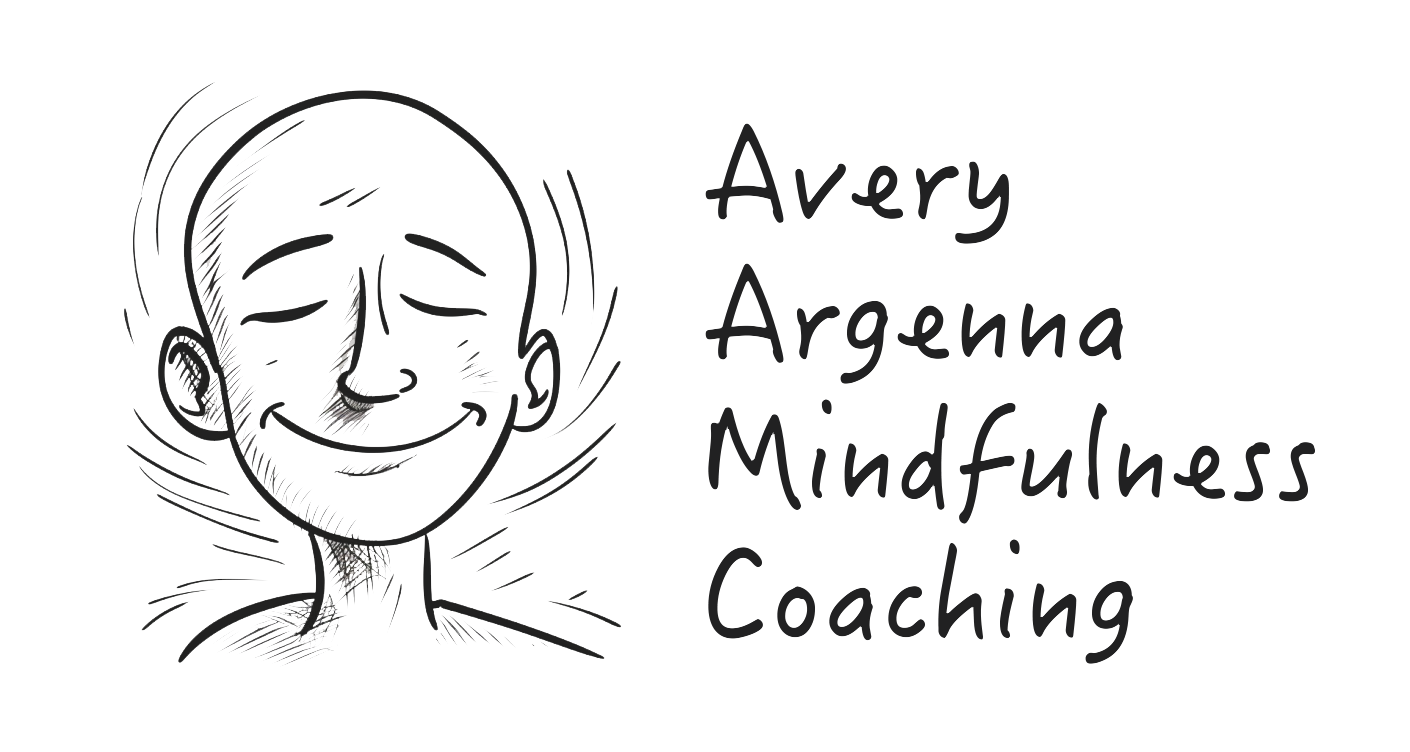
Attentional Skills Training for Your Happiness and Flourishing

-
I spent the first half of my life feeling mostly overwhelmed and lost, with occasional spontaneous glimpses into profound relief and clarity. These brief tastes of freedom eventually saved me from succumbing to a life of silent despair.
In my early 20s, yearning for lasting relief, I began to “seek”, drifting from one job to another, then joining the Peace Corps and traveling around the world. Each new experience brought more struggle and questioning, but this became the fertile ground for a naturally emerging contemplative practice. And as time went on I found myself increasingly embracing mindfulness as a beacon of clarity amidst the confusion.
I have seen for myself how weaving mindfulness practice into a life of discontent and lostness can naturally and gradually reveal a clear path to peace, joy and fulfillment.
If you are new to mindfulness or feel like your practice has hit a wall, I’d love to guide you in exploring your sensory experience with creativity and playfulness. Together we can find ways that work for you to naturally develop your concentration, sensory clarity, and equanimity—the attentional skills that are essential for growth and flourishing.
My experience and dedication also extends to supporting people who encounter disorientation or overwhelm in practice due to major emotional challenges or perceptual shifts. I’ve personally used mindfulness to resolve panic disorder and depression, as well as positively integrate shifts in consciousness that were initially unsettling.
I’ve maintained a mindfulness practice in various forms for 15 years, and alongside my current practice with the Unified Mindfulness system, hold a particular interest in inquiry practice, relational practices, and embracing life itself as the ultimate teacher.
-
My teaching is primarily based on the Unified Mindfulness system designed by Shinzen Young.
The UM system is a comprehensive, robust and refined support structure that any individual at any stage of meditation practice can rely on to deepen their insight and their ability to share it with others. UM is also a secular form of meditation, meaning it is not religious in any way, so anyone, of any faith, can practice it and teach it.
Unified Mindfulness defines mindfulness as the training of three core attentional skills, Concentration, Sensory Clarity, and Equanimity, in the service of happiness, as is broadly and deeply defined by the Happiness Grid (reproduced below).
-
After scheduling a free 30-minute consultation, you will receive an intake form to help clarify your motivations and goals for practice. This form should be filled out before our initial consultation if possible.
Drawing from the information gathered in your intake form and our initial consultation, we will map out a personalized path that aligns with your goals and current life circumstances.
Subsequent meetings will typically involve a review of your progress since our last meeting, followed by guided and interactive practice sessions.
As our journey progresses and new insights emerge, we will regularly revisit and refine our approach to accommodate your evolving interests, opportunities, and needs.
For more on what it is like to work with me, please refer to the Testimonials at the bottom of this page.
-
I offer coaching services on a sliding scale basis, with a suggested rate of $70 per hour meeting. Contributions exceeding this rate go towards supporting individuals who do not have the means to afford my suggested rate.
If you are interested in working with me but the suggested rate exceeds your means, please feel free to schedule a free consultation and I can work with you to accommodate your financial situation.
-
I adhere to the ethical guidelines and professional standards of Unified Mindfulness, which you can read here.

The Happiness Grid
Types and Levels of Happiness
© 2022 Unified Mindfulness LLC


